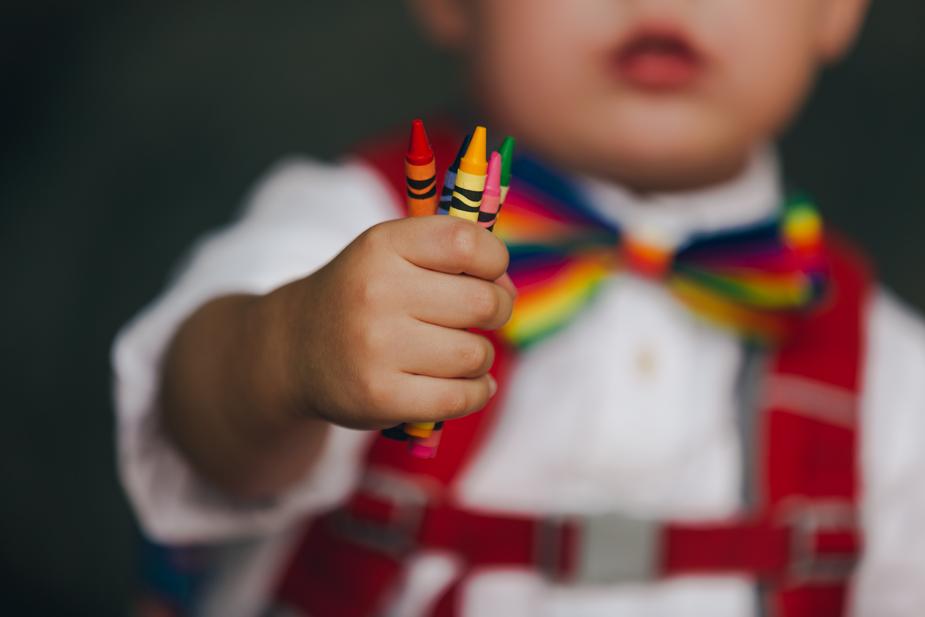
First International Day of Education – Education for Peace and Development, Palace of Nations, Geneva – January 24th, 2019
On January 24th2019, the World Day of Education was celebrated for the first time, organized by UNESCO to raise awareness on the world’s educational emergencies. An “Education for Peace and Development” panel discussion was held at the United Nations Office in Geneva (UNOG) involving many States and representatives of civil society.
According to the latest data presented by UNICEF, 262 million children and adolescents worldwide are deprived of access to education, less than 40% of girls in sub-Saharan Africa complete lower secondary school while about 4 million children and young refugees do not go to school because their lives are shaken by conflict and poverty. The First World Day of Education is dedicated to all these children, recently established by the United Nations and set on 24 January to celebrate the importance of the role of education in creating a sustainable and just society.
As Dr Audrey Azoulay, Director General of UNESCO said in her Message for the Day, ” Without inclusive and equitable quality education and lifelong opportunities for all, countries will not succeed in breaking the cycle of poverty that is leaving millions of children, youth and adults behind”.
World Education Day is an opportunity to reaffirm the fundamental principles. Firstly, education is a human right, as enshrined in the Universal Declaration of Human Rights in Article 26. Secondly, education is the most powerful force in our hands to ensure significant improvements in health, to stimulate economic growth, and to unlock the potential and innovation we need to build more resilient and sustainable societies.
Dr. Omar Zniber, Ambassador and Permanent Representative of Morocco to the UNOG, stressed the importance of combining non-formal and formal education, planned through an educator, trainer or animator. Moreover, Dr. Tahir Hussain Andrabi, Ambassador and Permanent Representative of Pakistan to the UNOG, added the need to promote in a special way the education of girls in Primary School and increase the secondary female education to equate it in numbers with that of men considering that, according to UNICEF data, there are 43 million girls attending primary school, 40 million in secondary school. Strong support should also be given to teachers to create more gender-sensitive education and training.
Mr. Carl Hallergard, EU Ambassador and EU Delegate to the UNOG, explained that the European Union looks to education as a support for international cooperation and the development of the values of freedom, democracy and human rights. Finally, the contribution to the Day from Dr. Maria Lucia Uribe, President of Arigatou International in Geneva, focused on cyberbullying and new forms of peer violence. “We need to provide children with a sense of belonging,” she said, “an interreligious learning that can enrich them and a model of global citizenship that can guide them.
It is clear the achievement of Sustainable Development Goal 4 (Quality Education: Ensuring inclusive and equitable education and promoting lifelong learning opportunities for all) is deeply intertwined to the other Goals of Agenda 2030: it will empower children and young people, reduce inequalities, strengthen gender equality, combat incitement to hatred and intolerance, improve health and protect the planet’s resources. We all have a stake in education, let’s act together in keeping its promise.

